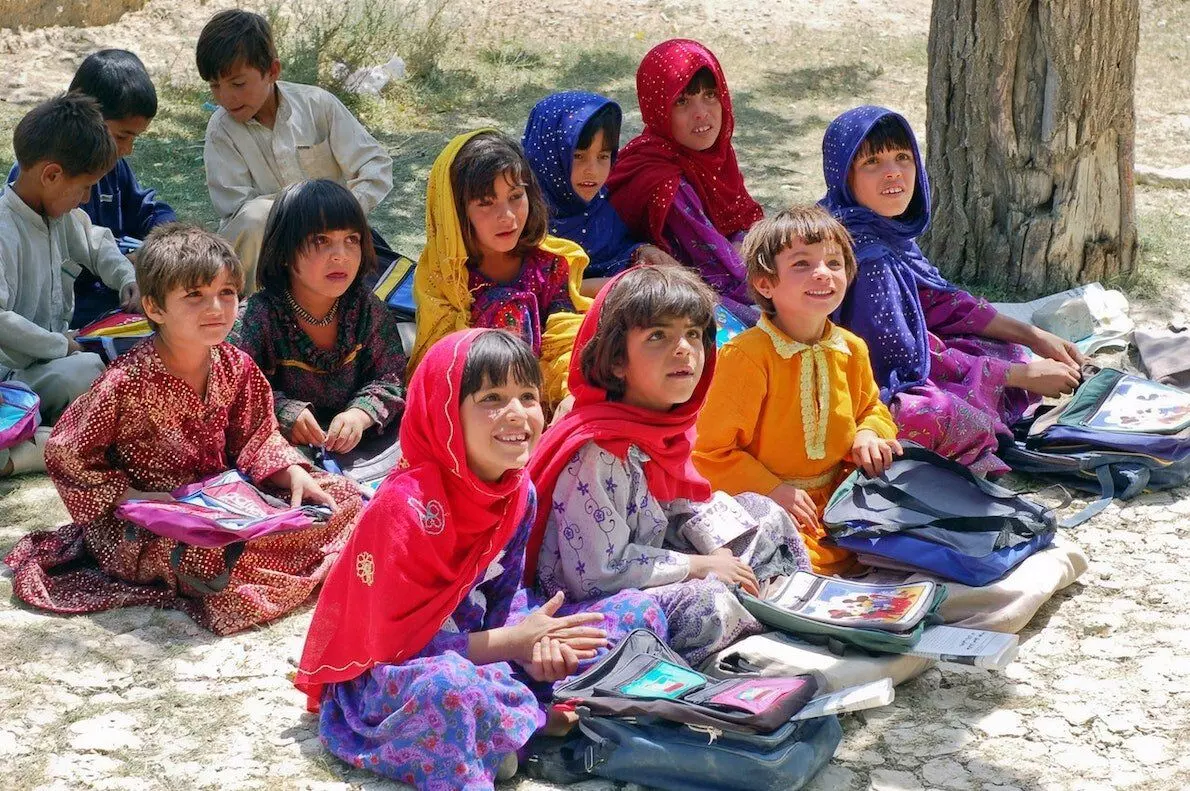
'Hell on earth'
text_fieldsPicture for representation only
A meeting of National Security Advisers or security council secretaries from regional countries convened by Ajit Doval, India's National Security Adviser, will be held in New Delhi Wednesday and Thursayto discuss the situation in Taliban-controlled Afghanistan, which is going through an unprecedented crisis. Earlier, Pakistan's National Security Adviser Moeed Yusuf had announced that he would not attend the meeting, accusing India of playing a negative role in Afghanistan. China also declined to attend without ascribing reasons. However, representatives from Russia, Iran, Kazakhstan, Kyrgyzstan, Tajikistan, Turkmenistan and Uzbekistan have accepted the invitation. In addition to security concerns, the meeting is expected to discuss emergency assistance to Afghanistan. Although India is ready to send 50,000 tonnes of foodgrains and medicines to Afghanistan, today's meeting comes in the backdrop of a stalemate over Pakistan's non-cooperation. The director of the World Food Program responded after visiting Kabul on Sunday that the country was facing the worst humanitarian crisis on earth. 95% of people do not get enough food. At the same time, 23 million people are starving. In the next six months, Afghanistan will be like hell on earth. Poor Afghans, who have nothing to survive the freezing cold as winter begins, are also facing severe water shortages. The health sector was already in a state of disarray unable to start vaccination against the Covid pandemic.
The UNDP warns that by mid-2022, 97 percent of the population will be starving. UN Assistant Secretary-General Kanni Wignaraja points out that half of the population is already in need of humanitarian assistance. With an annual national income of just $ 370, it is the second poorest country in the world. The condition of the babies is most pathetic. About 35% of babies are born below the minimum weight. One major reason is that 87% of pregnant women give birth at home. In addition to the fact that severely conservative men do not like to send pregnant women to hospitals, the number of hospitals is also very low. One has to get to the hospital traveling hundreds of kilometers. There are no trained staff or therapists on arrival. About 20% of the total children work to feed their families.Children do household chores, pick rags from roadsides, polish shoes or take up other similar occupations. A large percentage are children orphaned by endless wars. There are no effective mechanisms to protect or educate them. The misery of the girls cannot even be recounted. Parents sell girls between the ages of eight and ten in the name of marriage to foreigners to support their families, at least for a short time. The number of children who have lost limbs, eyes and other organs due to the common mine explosions is huge. They have no choice but to suffer the punishment of life.
Even though the Taliban government is receiving humanitarian aid from a few countries, such as Qatar, the UAE and Turkey, such aid makes only a drop in the ocean. UN sources say that Afghanistan has not received even half of the aid pledged by the United States, Russia and other countries. One major hurdle is fear of criticism of accepting the Taliban government and subsequent actions if any side approves direct assistance to the Afghan government. Another problem is that the Taliban have not complied with the Doha agreement with the United States. The complex problem is that despite the Taliban's willingness to abide by the conditions and cooperate with anyone, most are not ready to trust them.
News emerging from the domestic scene of Afghan are more disturbing. The Taliban government is facing the threat of ultra extremist outfits like IS. Thus the hapless Afghan people are having to suffer the ruthless punishment of the series of bloodletting caused by the Soviet through Mujahideen groups, the US and finally the Taliban. If parties including the United Nations, countries with at least a remnant of humanitarian concern and human rights movements join hands to save a people inching towards the jaws of death, it is getting late for such an act. Narrow national interests cannot be allowed to be a hurdle before humanitarian considerations.






